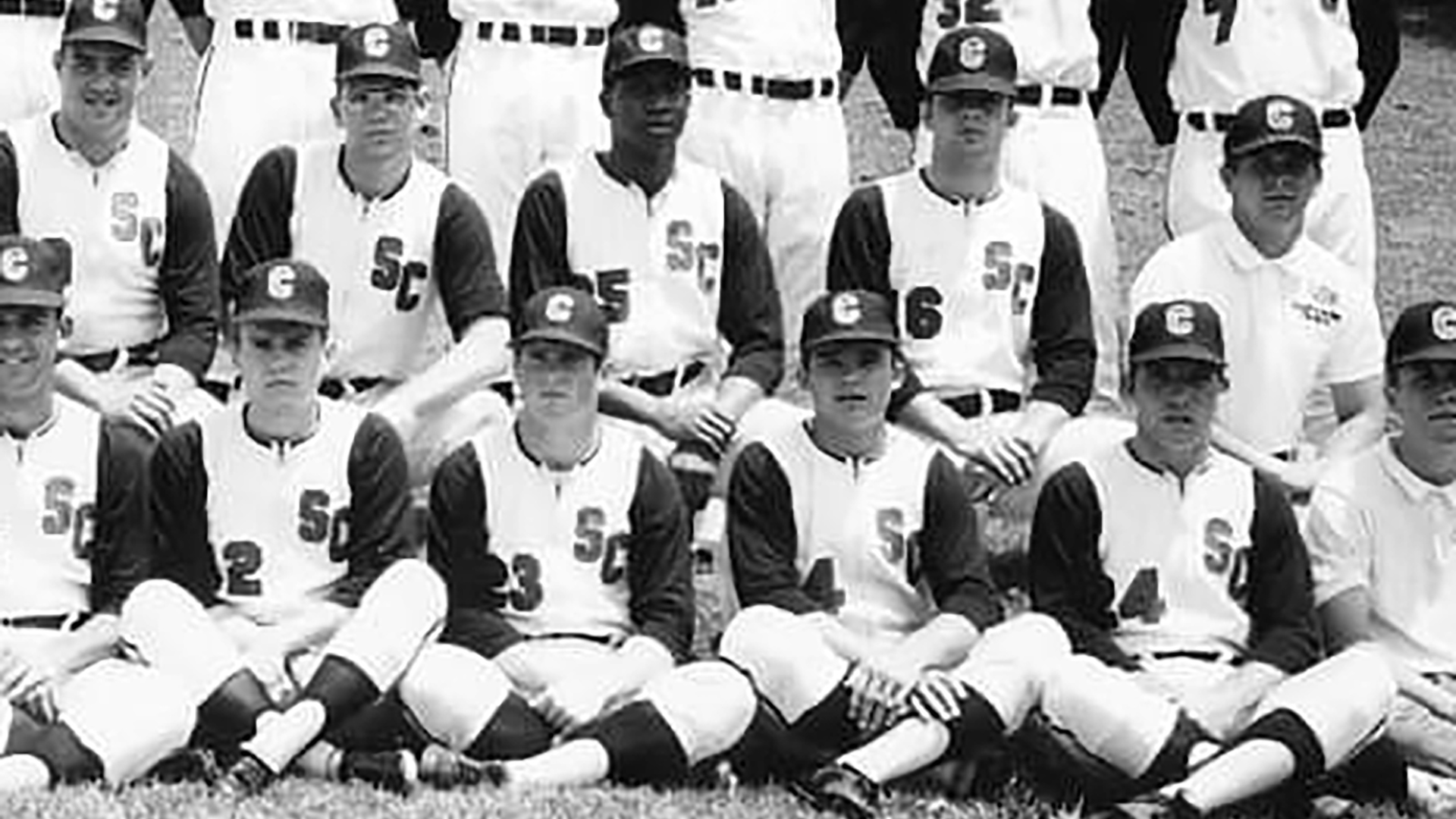Gamecocks Get Hands-On Education with Nutrition
South Carolina student-athletes are getting hands-on education when it comes to nutrition and fueling their bodies properly. South Carolina registered dietitian and Director of Olympic Sports Nutrition Tony Paradis recently took some Gamecocks on a field trip to a grocery store to help them practice what he preaches.
“Athletes tend to learn very well through hands-on demonstrations and lessons,” Paradis said. “So, the grocery store tour is where I take them through the store and stop in different aisles to talk to them about the key nutrients to look for, ways to save money, and alternatives to dining out. We hit some options on every aisle. For student-athletes, convenience is very important because their time is limited.”
South Carolina student-athletes benefit from access to outstanding health care from a wide variety of professionals. The Gamecocks also have access to nutritionists and dietitians to help them practice a healthy lifestyle while also improving sports performance and preventing injuries or illnesses. Overall, this can have a big impact on their physical and mental health.
“Nutrition is a double-edged sword,” Paradis said. “A poor diet will keep you from becoming your best. It will keep athletes injured longer. It will keep them from recovering fast enough. We want to help correct a poor diet. On the other hand, if they’re doing everything right with their training, with their recovery, and with their weightlifting, then nutrition can be that last component to really enhance what they’re trying to do and take someone from being good to great or in some cases, from great to elite.
“They’re here on an athletics scholarship not a nutrition scholarship. So, it’s a small part of the big picture, but it’s also an important part of it.”
Paradis works with all of South Carolina’s Olympic sports, assistant director Jeremy Ford works with basketball and volleyball, and the football program has a team of dietitians and nutritionists as well. They work together to serve the needs of all the student-athletes.
“I don’t fix people. I try to educate them, and I try to empower them.”
Obviously, Paradis cannot be with each student-athlete for every meal, so education is the key.
“I provide education on a team level and meet with student-athletes individually,” Paradis said. “When they come in for a one-on-one session, we go over their goals and what they’re struggling with right now. The only way that nutrition works is through a transfer of knowledge from my brain to theirs. You can make them run and lift weights, but education is the key to nutrition. The dining halls and fueling stations don’t work when they’re not on campus or their home for summer break. That’s where education, if they’ve done it right, will continue with healthy habits.
“I don’t fix people. I try to educate them, and I try to empower them. It’s up to them to make those choices as some point. It’s always better to do it ahead of time versus when something is affecting their performance. You don’t want to wait until your performance is suffering to start thinking about sports nutrition.”
When it comes to nutrition, it’s not a one-size-fits-all approach.
“Some of our kids come from backgrounds of not having enough,” Paradis said. “We call it food insecurity. We just have to be able to assess them, find out what their needs are, and meet their needs where they are. If someone grew up never eating vegetables, I might start them off on a broccoli and rice casserole, and then broccoli and cheese, and then maybe one day, just broccoli.
“We use a process called motivational interviewing where they discuss their goals, and we try to coach them in the right direction. People don’t tend to respond well by me just telling you what to do in this scenario. If they’re in a ‘thinking about it’ stage, we coach them in habits where they will be successful in that stage. If they’re in an action stage, I’ll coach them by pushing them a little bit further to get them into that elite nutritional level. Everyone can improve. It just depends on where they are.”
Regardless of their dedication, not every student-athlete is going to follow the nutrition rules one hundred percent of the time, but creating good habits goes a long way.
“I tell them about all things in moderation,” Paradis said. “I would rather have someone who is 80-90 percent on point throughout the year, as opposed to dialed in for three weeks and then off the wagon for four weeks.”












